Imperial researchers making significant contributions in European projects

Imperial researchers continue to make major contributions to some of Europe’s biggest research projects through Horizon Europe.
The UK is now fully associated to Horizon Europe and Imperial research can participate in and lead projects across the programme.
We take a look at some of the recently funded projects that have the potential to make a big impact on society.
Understanding clouds and aerosols in weather and climate
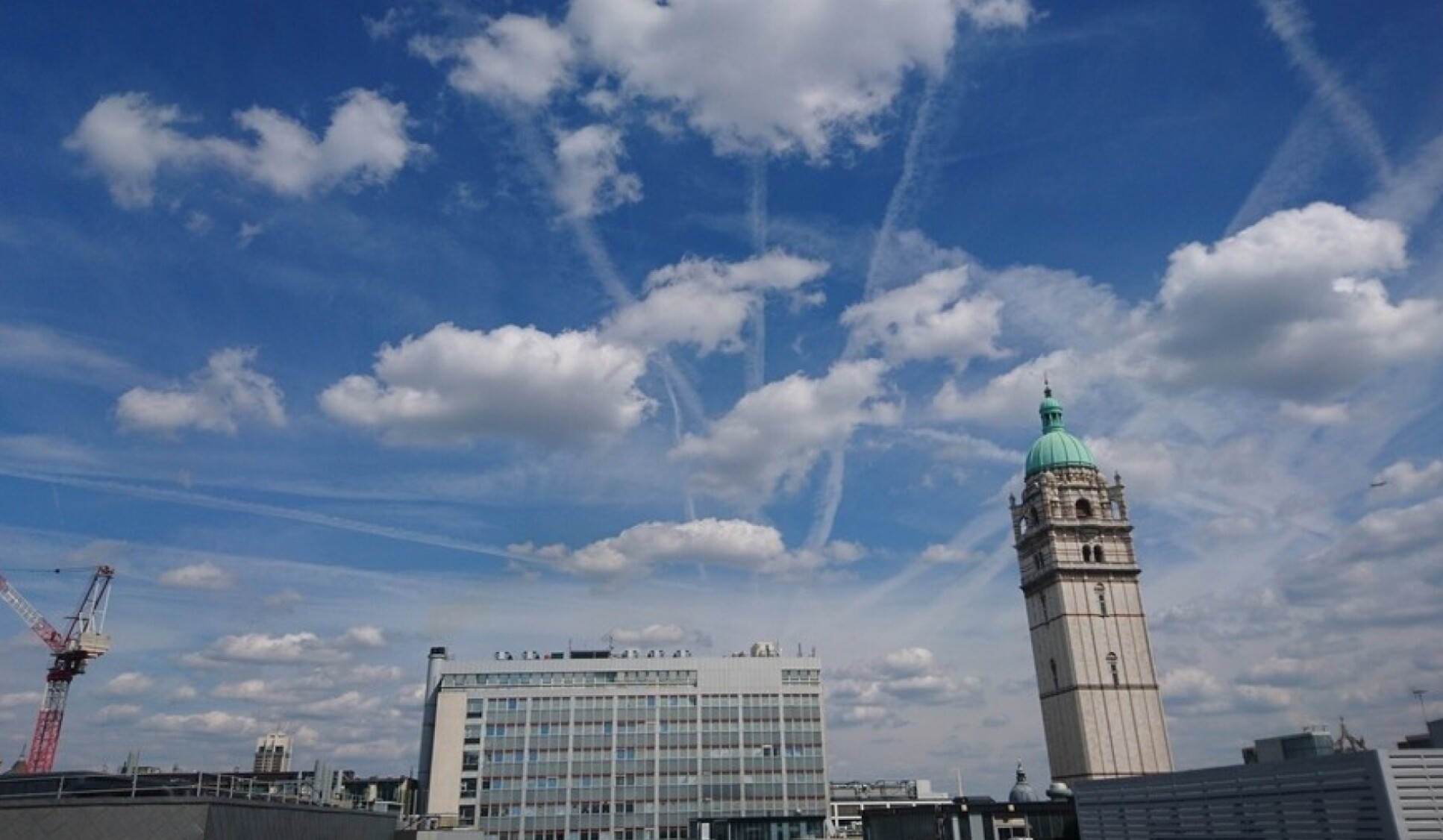
Dr Edward Gryspeerdt, from the Grantham Institute for Climate Change, and colleagues are part of an 18-partner project called CERTAINTY which aims to advance our understanding of clouds and aerosols in the climate.
Funded by 7.2 million euros from Horizon Europe, the project will utilise data available from satellites, observations, and models to improve understanding on how aerosols –solid particles or liquid droplets in air – interact with clouds and modify weather and climate.
The project will help with better understanding and predictions of extreme events and will facilitate planning climate mitigation and adaptation strategies for the good of the society.
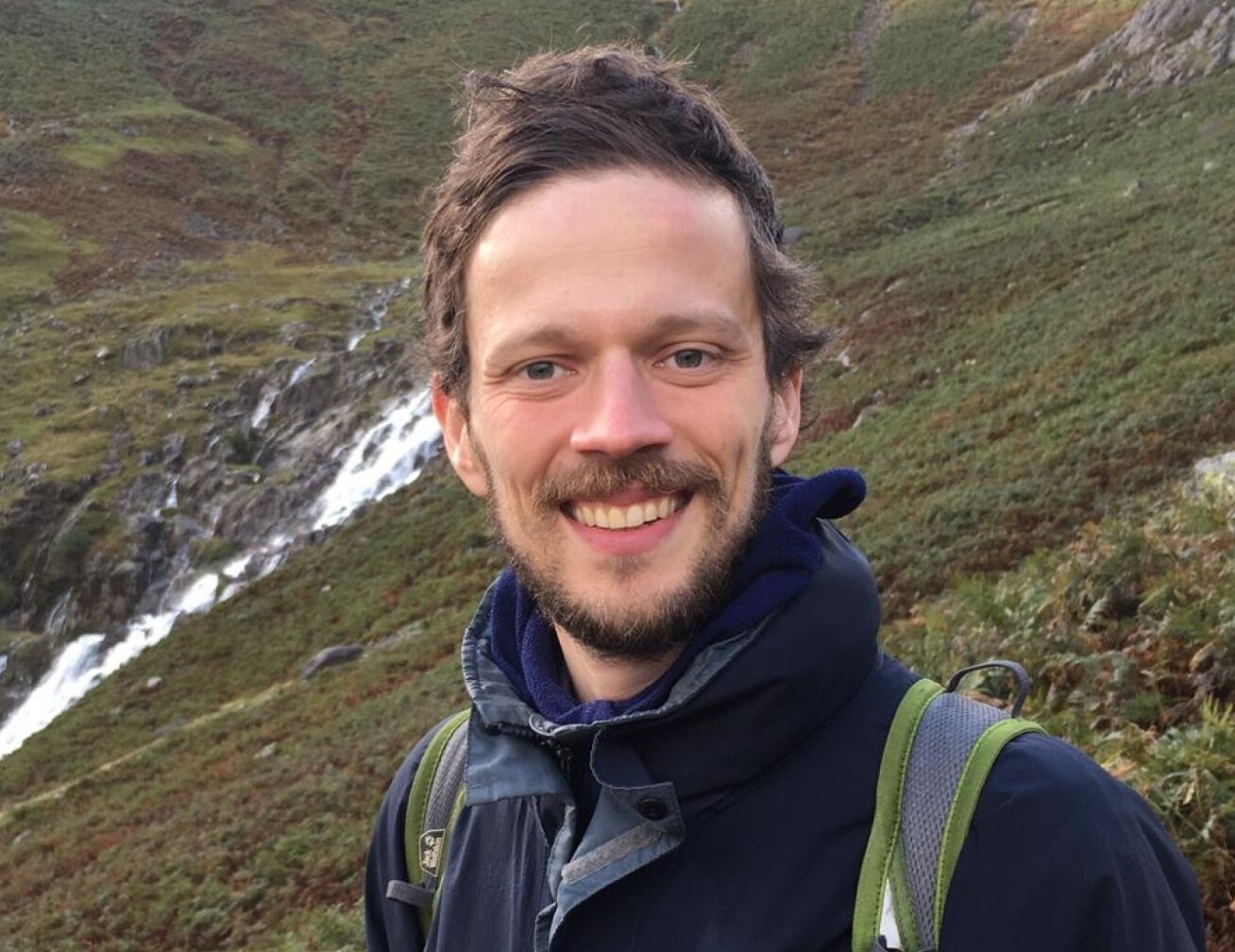
Dr Gryspeerdt said: “Climate science and meteorology requires a wide range of expertise, from lab experiments to computational models and observations of the natural world.
"Horizon Europe gives us the opportunity to work together with researchers from across Europe on a targeted programme of research to reduce key uncertainties in the climate system.
“Putting together such a team to tackle this problem would be very difficult without the Horizon Europe scheme. I am very excited to be working with researchers from across Europe as part of the CERTAINTY project, from Spain to Ukraine and Greece to Finland.”
Improving carbon capture
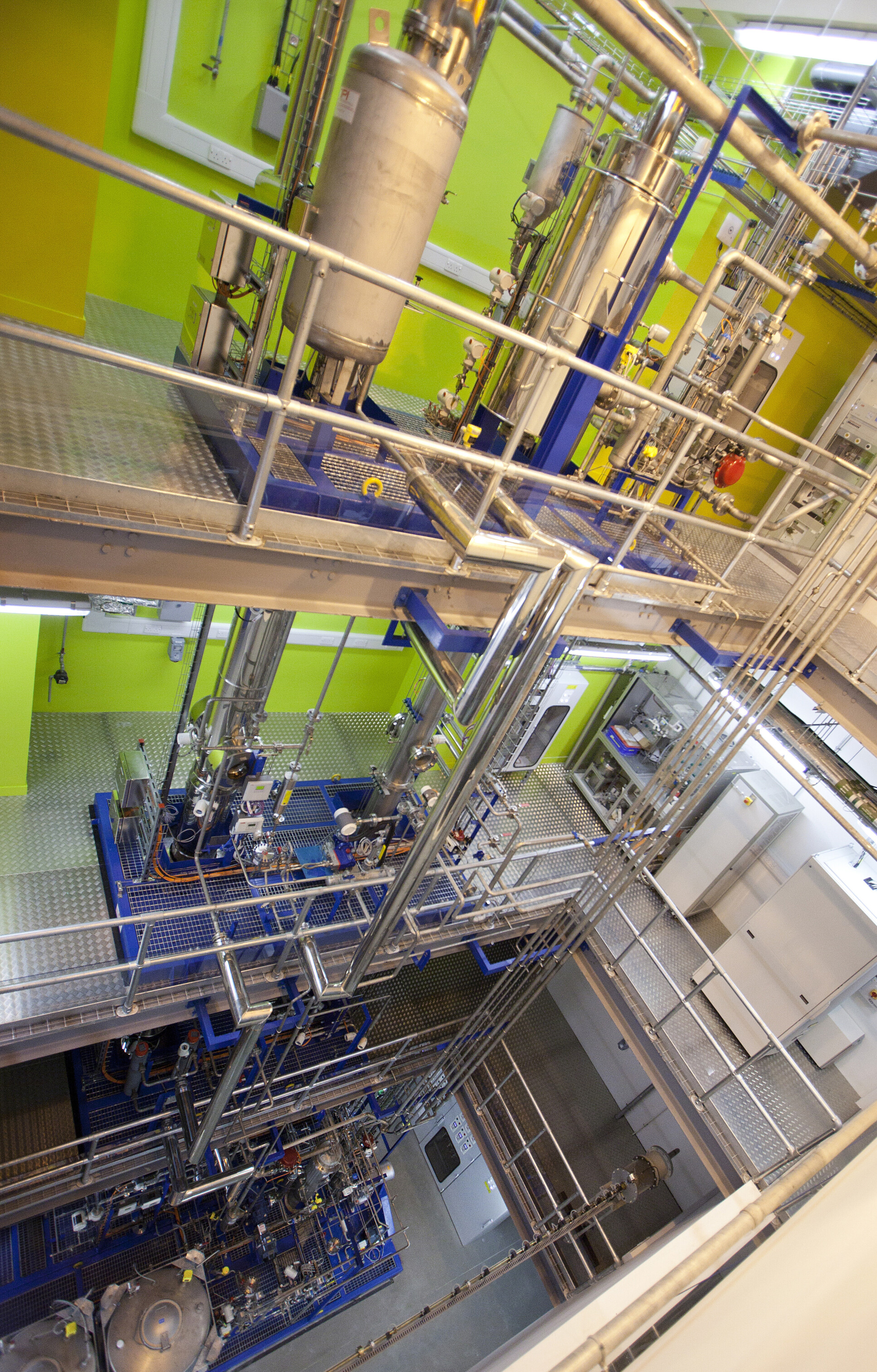
Professor Claire Adjiman and colleagues Professor Amparo Galindo and Professor George Jackson, all from the Department of Chemical Engineering, are working with European partners to create a modular CO2 capture plant through the Horizon Europe HiRECORD project.
In a world first, HiRECORD will demonstrate a modular CO2 capture plant comprising a Rotating Packed Bed (RPB) absorber and desorber - processes which have potential to improve efficiency and sustainability.
The system will cut CO2 capture costs in half compared to conventional technologies while significantly lowering the environmental and safety impacts. The project - worth around 6.3 million euros - involves partners from Greece, France, Germany, Austria, the Netherlands and the UK.
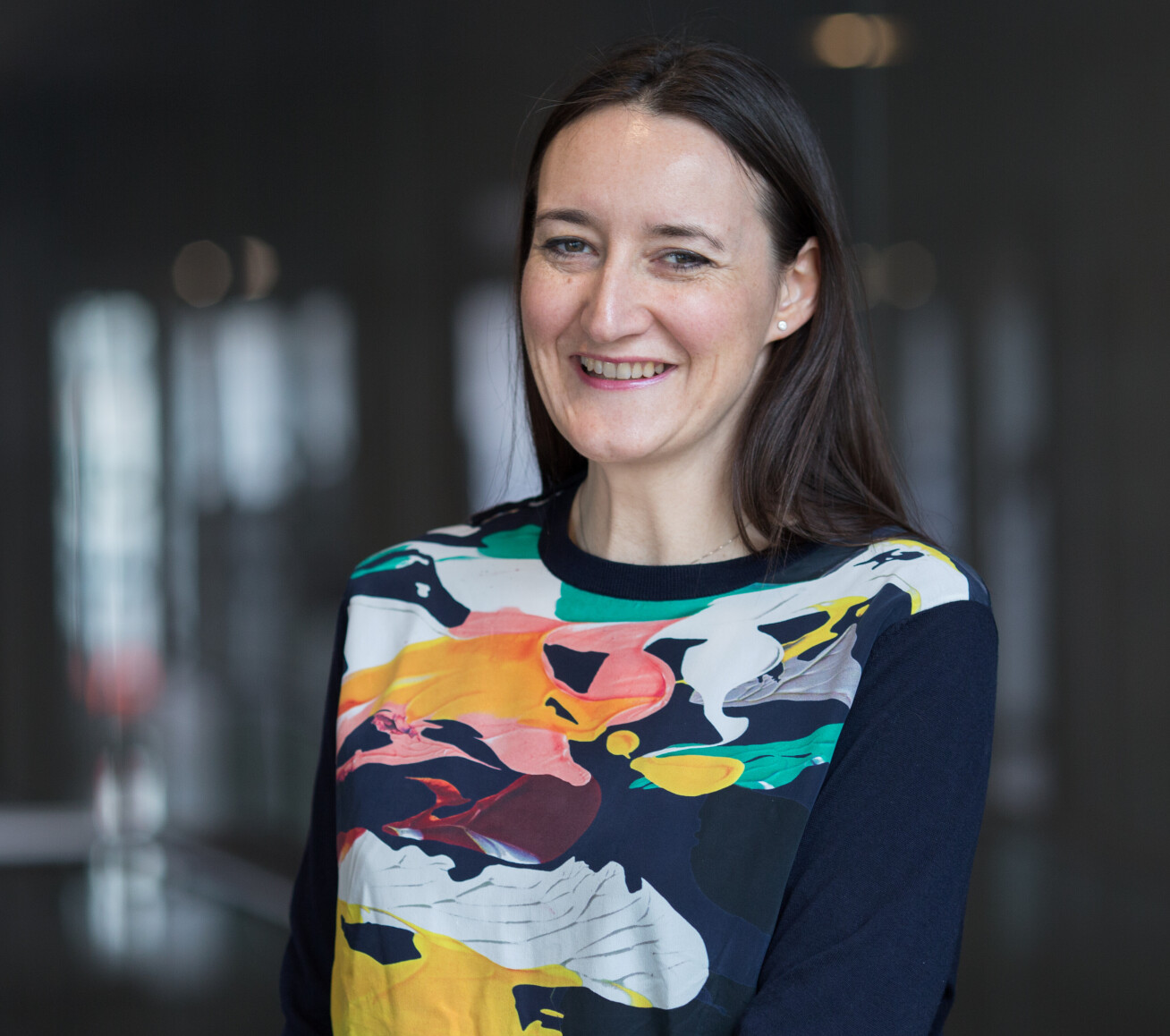
Professor Adjiman explains: “It has been really transformative to work with a large consortium of academic and industry partners across Europe.
"The HiRECORD collaboration has increased the impact of our research by enabling us to connect our detailed models at the molecular scale to the larger scales of process equipment and industrial pilot plants.
“The unique mix of expertise and facilities available across the HiRECORD team is helping us to develop viable CO2 abatement technologies and is accelerating the journey from academic innovation to practical realisation.”
Transforming approach to Alzheimer's Disease
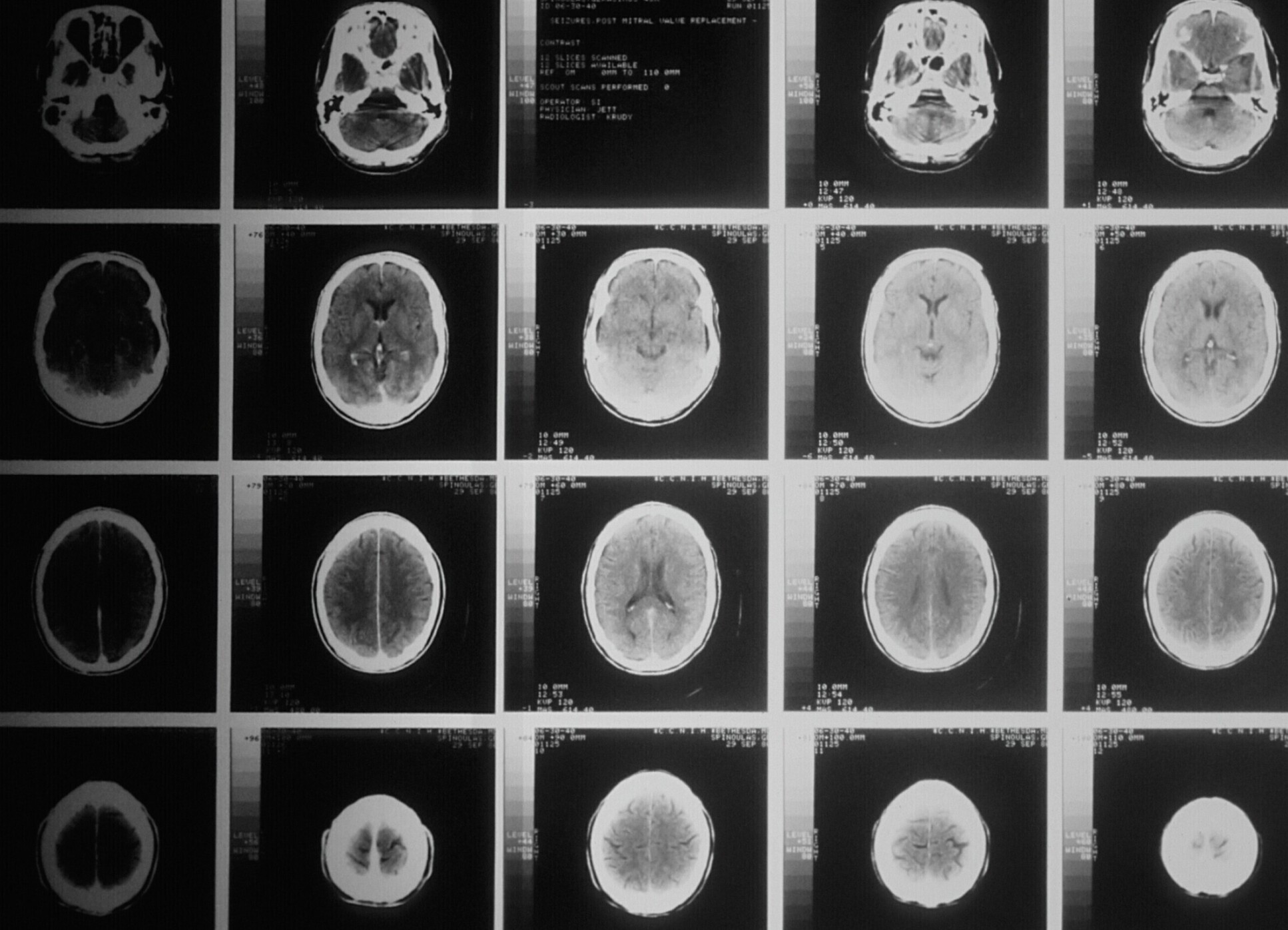
Imperial researchers are part of a European consortium aiming to transform the healthcare approach to Alzheimer's disease.
The project, AD-RIDDLE, will offer healthcare providers with resources and interventions to help detect, diagnose, prevent and treat Alzheimer’s disease.
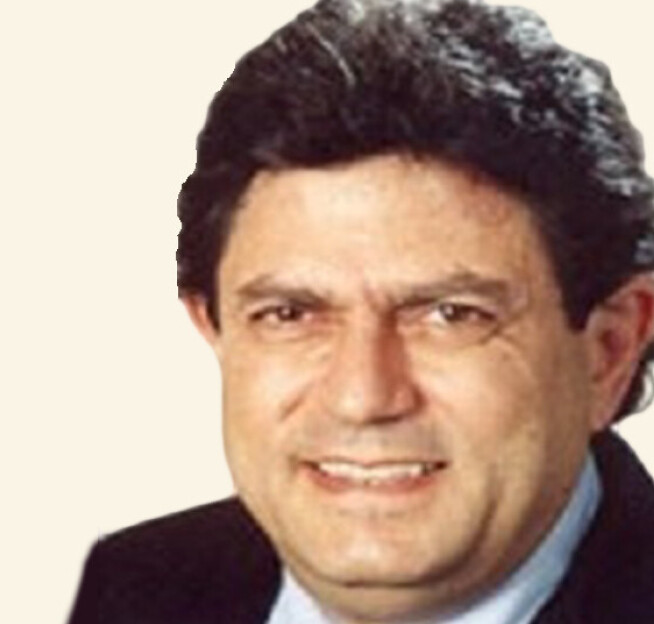
Funded by the Innovative Health Initiative – an EU public-private partnership funding health research and innovation – the consortium of 24 partners unites academic and industry partners, healthcare providers, regulatory bodies, and patient organisations, bringing together a mix of world-class research, clinical practice, diagnostics, advanced analytics and data platform capabilities to the project.
Professor Lefkos Middleton, from the School of Public Health, said: “Our Ageing Epidemiology Research Unit, part of the School of Public Health and the Primary and Public Health Directorate of Imperial College NHS Healthcare Trust will actively contribute across all AD-RIDDLE worksteams, whose success will have a direct positive impact on early and accurate diagnosis of our own patients and across Europe.”
Horizon Europe at Imperial
Provost Ian Walmsley said: “Horizon Europe is the biggest research and innovation programme in the world and is set up to fund groundbreaking science and ideas that can change the world.
“Our scientists here at Imperial are making a significant contribution in many of its major projects – working closely with the best teams from across Europe.
“There is so much to gain from bringing together the brightest scientific minds from across Europe and we are excited by the future opportunities to work closely with our colleagues in Europe and around the world.”
“There is so much to gain from bringing together the brightest scientific minds from across Europe and we are excited by the future opportunities to work closely with our colleagues in Europe and around the world.” Professor Ian Walmsley Provost, Imperial College London
Open international collaboration is essential to Imperial's success. Our academics work across 192 countries and European partners are critical to this: about 60% of Imperial’s research papers with a US collaborator also have a European co-author, as do 72% with Canada and 81% with Brazil. Participation in the EU research framework programmes is a springboard to productive partnerships across the world – strengthening the influence and impact of UK research.
Imperial was the 8th most successful higher education institution in Horizon 2020 and the programme has funded many collaborations, supporting our researchers to work with colleagues across Europe on vital issues: ranging from new diagnostic tools for childhood disease, an AIDS vaccine and combatting wildfires to quantum, data and climate technologies.
The UK is now fully associated to Horizon Europe and Imperial research can participate in and lead projects across the programme.
To find out more about opportunities in Horizon Europe, please get in touch with the Research Office and the Enterprise Research Impact Management Office.
Article supporters
Article text (excluding photos or graphics) © Imperial College London.
Photos and graphics subject to third party copyright used with permission or © Imperial College London.
Reporter
James Tooze
College Headquarters
Jack Stewart
School of Public Health
Stephen Johns
Communications Division